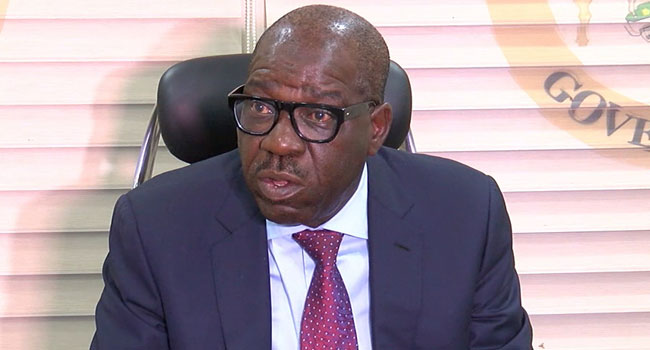The Edo State Governor, Godwin Obaseki, has said the ongoing Edo State Residency Card scheme will enable the state government to plan effectively in delivering education, healthcare, and other critical services to the people.
He disclosed this at the 2023 ID4Africa Augmented General Meeting held in Nairobi, Kenya, with the theme, ‘Digital Identity as Public Infrastructure.’
According to him, “To enable my administration plan effectively for education, healthcare and other key services provided by the government, we need data. Gathering the data starts with identity – knowing who and where our Edo residents are.”
In 2022, the governor launched the Edo State Residency Identity Card, with a target of issuing one million cards to citizens before the fourth quarter of 2024.
The Residency Card, which is linked to the National Identity Care under the NIMC scheme, will enable the state government to collect data on residents and will be required for accessing basic services offered by the government.
The governor who led the state government delegation met with the Business Development Manager for the Pakistani National Database and Registration Authority, Sheharyar Ajmal Khan, where he commended the Pakistani government for their support for the NIMC.
During the meeting, the state government delegation discussed opportunities for further relations with NADRA as the state seeks further collaboration with the Pakistani government in the ongoing enrollment of the Edo State Residency Identification Card.
The Residency Card scheme is intended to develop a database for use in development planning, as a means for identification, and for accessing government services.

